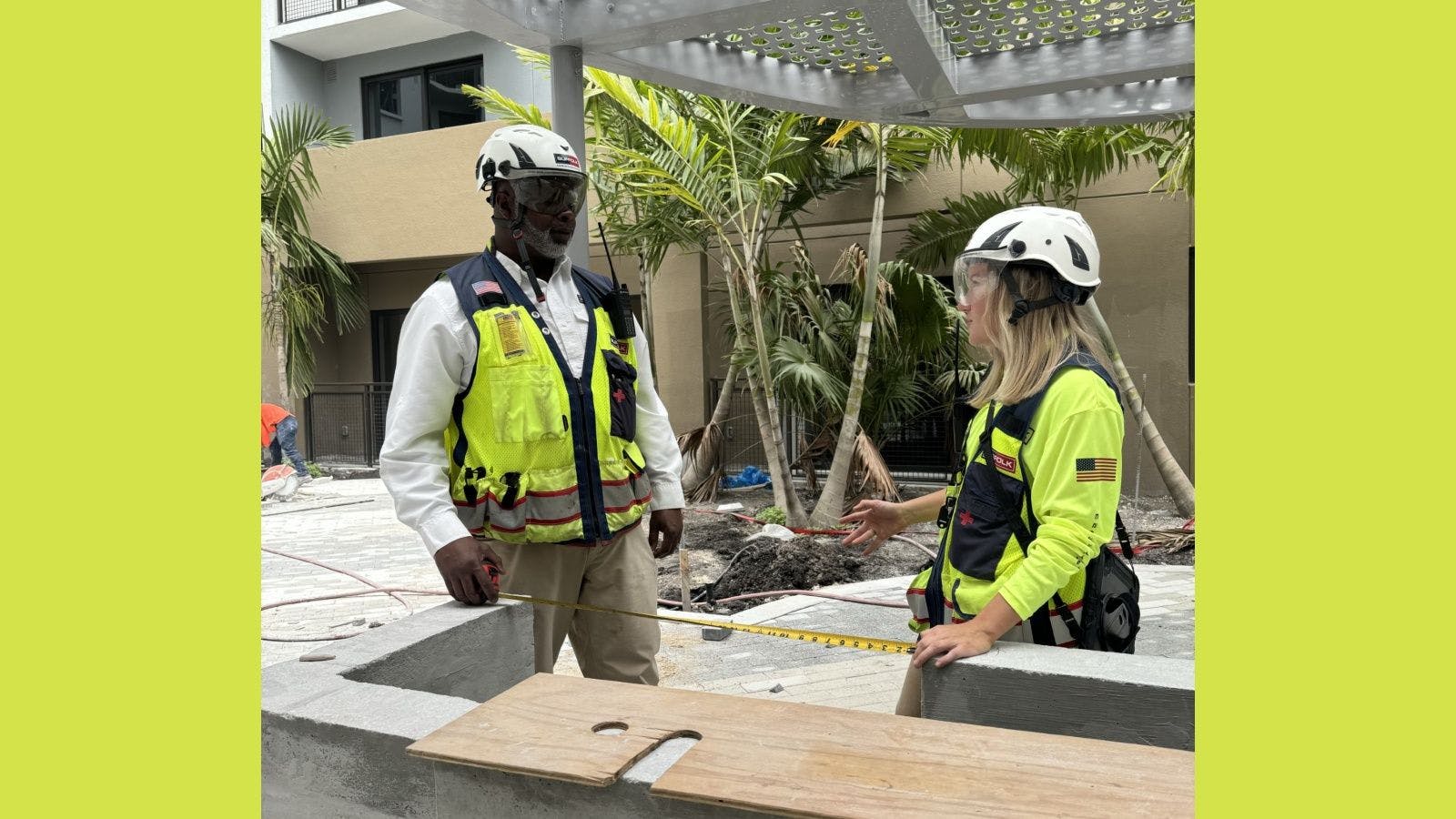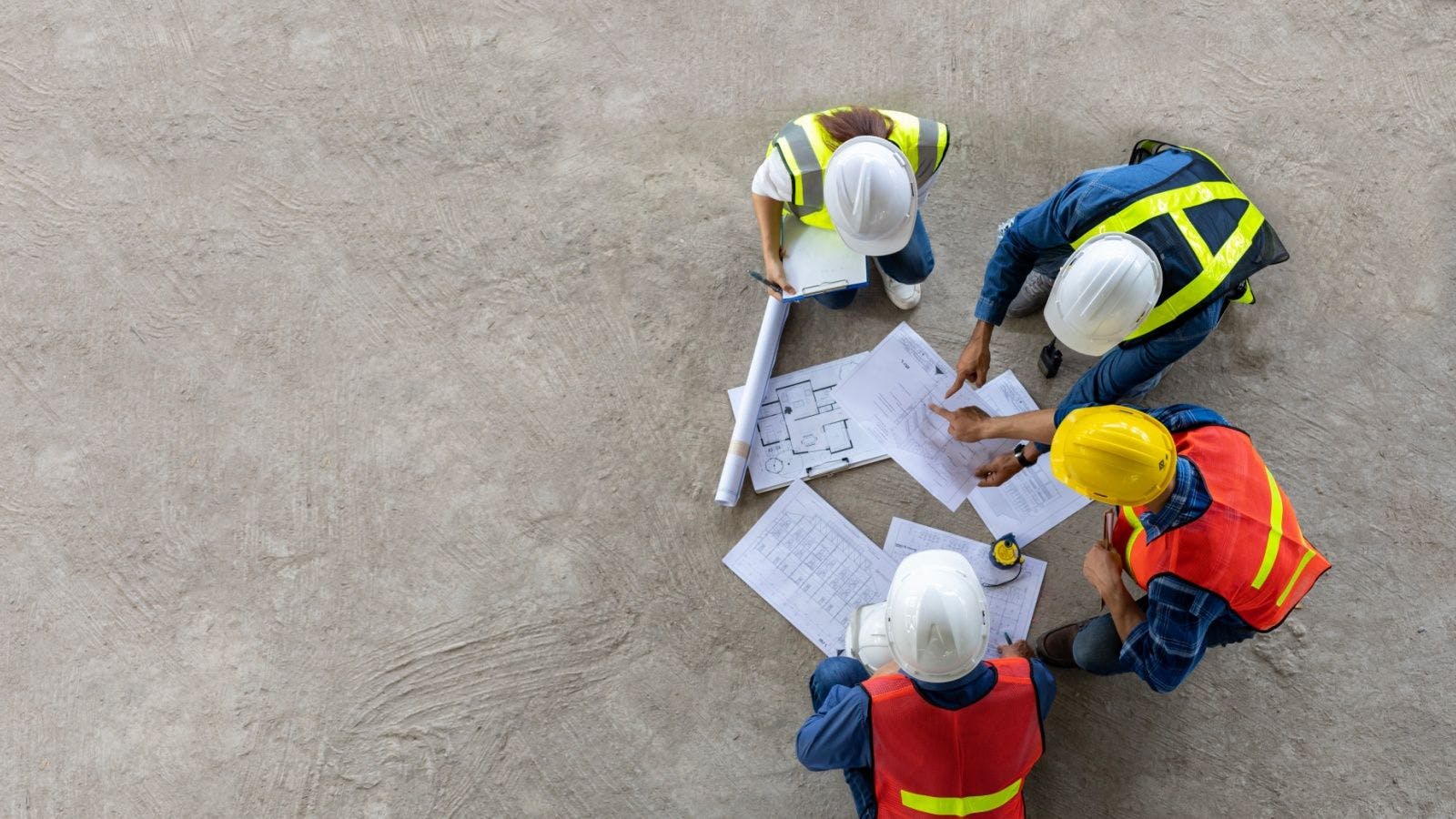
The Power of Peer-to-Peer Support for Promoting Jobsite Mental Wellbeing
Feelings of rejection, isolation and loneliness are warning signs that a worker may be at risk of suicide. Friendship is regarded as an antidote for isolation and loneliness. In the absence of friendship, connectedness through peer-to-peer support is a basis for addressing mental health and well-being in the workplace.
A recent article highlighted the benefits of the chaplaincy model in terms of building in-person, face-to-face relationships among workers and chaplains. Importantly, peer-to-peer support is a reliable method used in substance use disorder treatment, recovery and aftercare. The importance of consistently attending daily meetings and seeking a sponsor are two best practices in peer support. This article does not focus on these practices as they are very specific examples of peer-to-peer support.
Construction is a Team Sport
Although many construction workers often work alone, the construction profession and its trade groups require a high degree of teamwork and interaction among workers to successfully complete projects in a safe and timely manner. In addition, apprenticeship and pre-apprenticeship programs are frequently organized into groups. So, too, are leadership development cohorts. Mentoring programs are another example of peer-to-peer support being used more frequently in construction and industrial trades to promote workforce skills and leadership development.
Mentoring Programs as Peer Support
Kevin Sell, the chief values officer for United Group Services in Cincinnati, is an advocate for mentoring programs to promote personal and professional development. Sell sees the value of mentoring programs in fostering the climate to promote peer-to-peer support for workplace mental health and well-being. Sell states “using the traditional relationship established by developmental mentoring makes it easier to discuss and promote mental health and well-being.”
“Effective mentoring programs start an organization moving in the direction of making peer support networks equally acceptable,” says Sell.
According to Sell, United Services Group supports informal and formal peer-to-peer support processes to promote well-being in the workplace. He expresses frustration that “while we have developed a formal mentoring program, we have not launched it due to the pandemic.” Nevertheless, Sell shared “informal activity started organically among work groups and the benefits are evident in that the crews seem more productive, and more personally engaged.” Sell says this leads to the creation of stronger worker and workforce well-being. We are committed to expanding more aspects of well-being as key components of the peer-to-peer support system.”
Peer Support is Foundational for Total Human Health in the Workplace
Greg Sizemore is vice president of environmental, health, and safety and workforce Development for the Associated Builders and Contractors (ABC). Sizemore also serves as the chairman for the Construction Industry Alliance for Suicide Prevention. Sizemore is a proponent of developing trusting work cultures through peer-to-peer support programs in stating “as ABC expands our paradigm from physical safety to total human health, and intentionally providing safe spaces where workers can share without judgment, the result will be a more-focused and safer worker.”
Sizemore believes “implementing peer support groups can be a natural next step in developing the total human health process. Sizemore continues “the working women and men that perform the incredible work and meet the demands of their daily work assignments can benefit from formal and informal peer groups where they can discuss the challenges they face on projects creating the conditions that will lead to open conversations about life challenges outside the project.”
Sizemore highlights how “firefighters, first responders, law enforcement and military often refer to their respective groups as a brotherhood or sisterhood, and some call it their work family.” Sizemore states “the construction workforce is very similar, and the benefits of peer support groups can be invaluable addition to the total human health of the construction workforce.”
Sizemore says he “appreciates the power of peer-to-peer support among emergency first responders and in providing support for the community after disasters.” He said he often thinks of “the impact peer support could have in the construction industry with trained peer leaders with ‘boots on the ground’ ready to offer support to colleagues.”
Leadership Modeling Lived Experience Promotes Peer Support
A final point Sizemore makes is that “leadership development is an important outgrowth of a mentoring program. Sizemore calls “for leaders to address mental health and seek ways to equip and empower other leaders with the skills and resources to ensure a connection with the workforce and the connection of the worker to the resources they deserve.” Sizemore says, “the increasing willingness of leaders to model sharing of mental health lived experience is reducing stigma and removing barriers that keep workers that need mental health support and services from seeking it.”
Conclusion
Construction work has many factors that may impact a worker’s mental health and well-being. Out-of-town work, lone working situations, and seasonal layoffs are some factors that may enhance a worker’s sense of isolation and loneliness. Peer-to-peer support is an effective method for fostering worker connectedness to improve mental health and well-being. Regardless of the various peer support processes described, leaders and peers are encouraged to share their lived experiences. In doing so, this often provides others the courage to speak openly about their own challenges and gives them the confidence to know these challenges need not be faced alone.
Resources:
American Mental Wellness Association
Mental Health America
National Alliance on Mental Illness
Support Groups Central
Related stories








